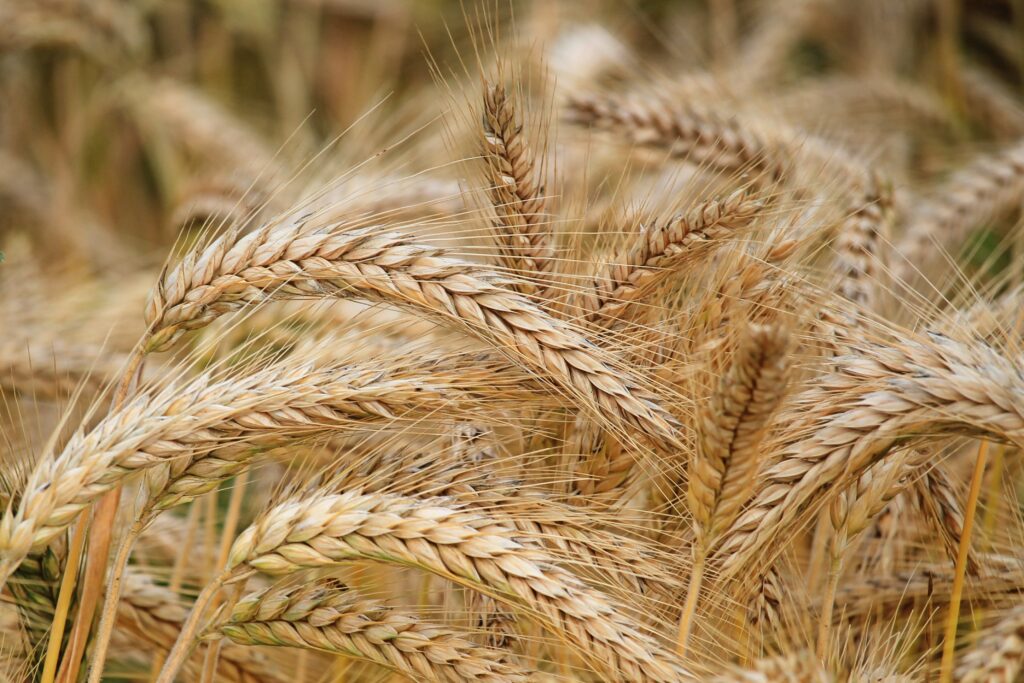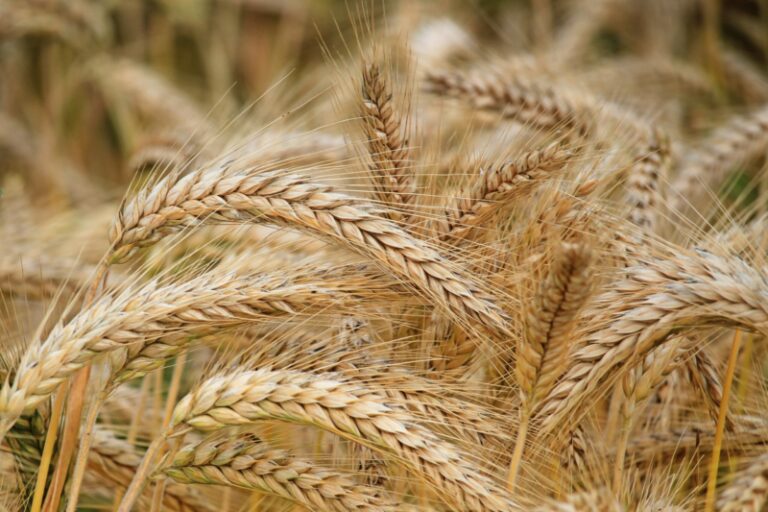A solid foundation in university research.
plantCarb Science
Starch chemistry and synthesis is a surprisingly complex process. Scientific founders of plantCarb have contributed to the knowledge on high-amylose product effects on health and use in biomaterials, and their beneficial greenhouse gas profile.

The Science of Starch
Starch is a crucial source of energy for human nutrition and a valuable feedstock for many industrial commodities.
Read more

The Science of Amylose
Modifying SBE blockage is a key scientific competence in PlantCarb. Reaching just the rightly dosed level of SBE block results in high amylose content (~50% amylose in the starch compared to normally ~25%) or extreme high amylose content (>90% amylose).
Read more

The Science of Amylose in Food
Amylose evades digestion in the mouth and upper gastro-intestinal tract ( called Resistant Starch). In colon it is microbially digested to short fatty acids. Reduces the blood sugar level = suppresses Type 2 Diabetes and related lifestyle diseases.
Read more

The Science of Amylose in Bioplastics
Amylose is truly biodegradable in nature (weeks), mitigating microplastic pollution problem and holds excellent industrial properties with high tensile strength, high melting temperature.
Read more

Starch based Bioplastics and Global Warming
PLA is a market-gaining sugar-based biorefinery-produced feedstock for bio-based plastics. Degrades, but slowly (years) in nature. Typically based on sugar from sugarcane. PE is an extremely common feedstock for plastic based on fossil fuels or on sugars as PLA. Degrades even more slowly than PLA (decades).
Read more









